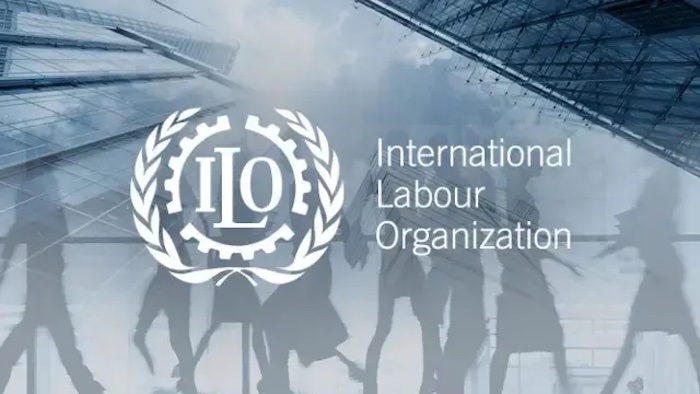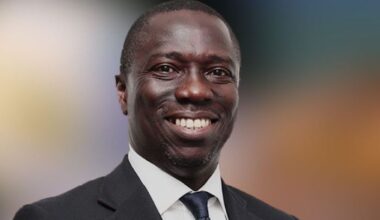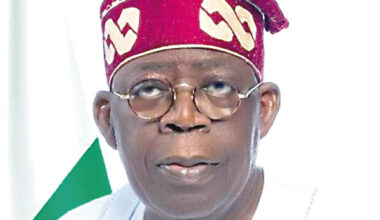The Federal Government of Nigeria, in collaboration with the International Labour Organisation (ILO) and Tearfund Nigeria, is set to launch a National Digital Repository (NDR) for waste pickers. This initiative is part of a broader effort to enhance waste management and support the circular economy.
Key Points from the Forum:
- Role of Waste Pickers: Minister of Environment Abbas Lawal highlighted the crucial role waste pickers, often referred to as “Baban Bolla,” play in the waste management sector. They handle various tasks including collection, sorting, transportation, and processing of recyclable materials. Their work is integral to environmental protection and public health.
- Challenges Faced: Waste pickers face numerous challenges, including lack of formal recognition, inadequate resources, and poor working conditions. The NDR aims to address these issues by improving their working environment and integrating them more effectively into the waste management system.
- Economic Potential: Lawal emphasized the economic benefits of recognizing and regulating waste pickers. The increasing demand for recyclable materials and the transition to a circular economy highlight the need to utilize waste pickers as key contributors to sustainable waste management.
- Health and Environmental Impact: Chiranjibi Tiwari from UNICEF stressed that improper waste management can lead to significant health hazards. He expressed hope that integrating waste pickers into the sector will improve environmental and public health outcomes.
- Global Waste Challenge: ILO Country Director Phala Vanessa, represented by Stephen Agugua, pointed out that global waste generation is a major challenge. Proper management of waste offers opportunities for job creation and strengthening local economies. The ILO’s involvement aims to promote sound waste management practices and support decent job creation in the sector.
The development of the NDR is expected to enhance the effectiveness of waste pickers, improve waste management practices, and contribute to Nigeria’s circular economy goals.






